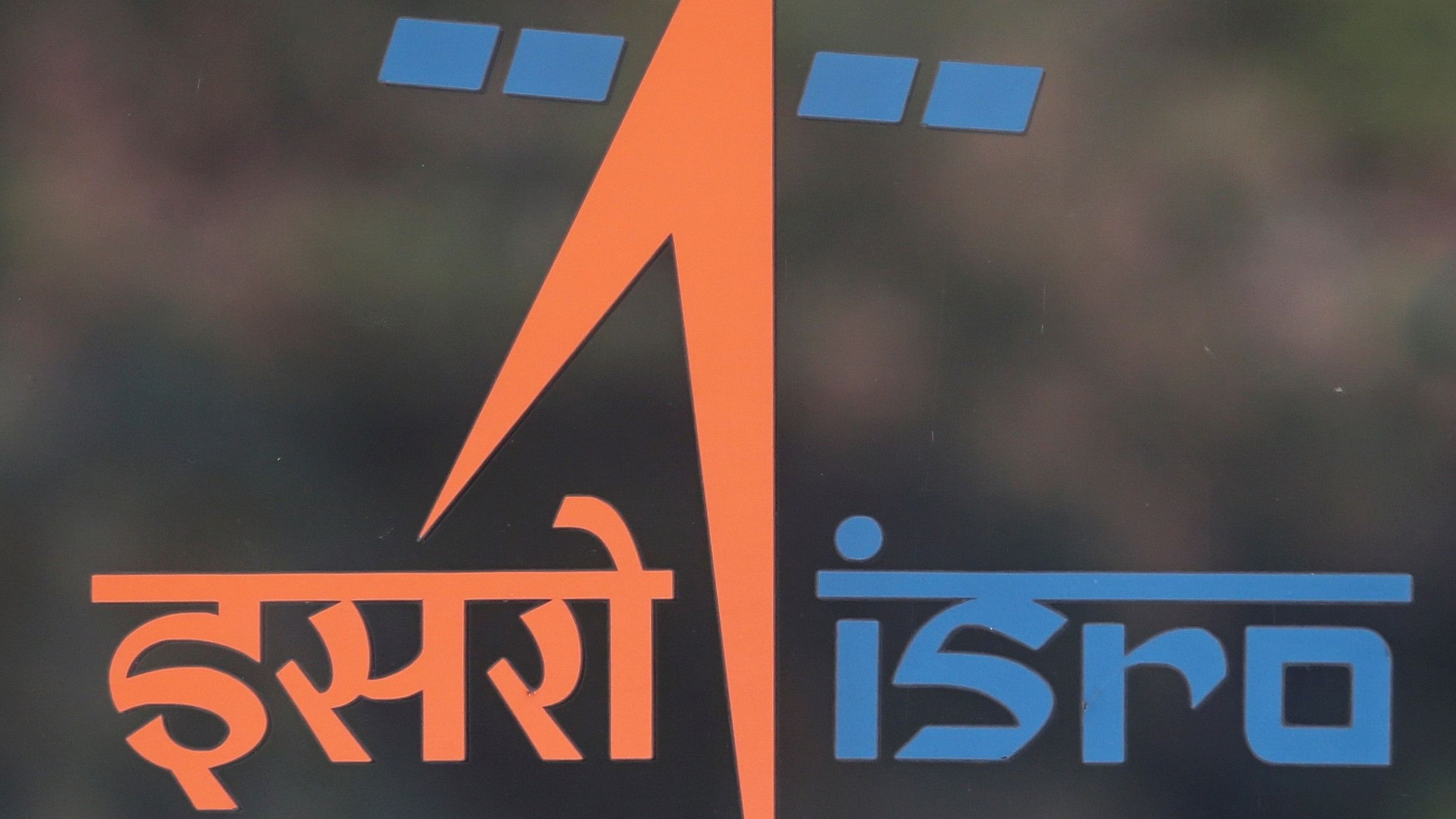
ISRO logo.
Reuters Photo
Bengaluru: The PSLV Orbital Experimental Module-3 (POEM-3) integrated into the Indian Space Research Organisation (Isro)’s XPoSat mission has achieved all its objectives.
The module is a unique, inexpensive space platform that uses the spent PS4 stage of the PSLV C-58 vehicle that launched the XPoSat mission on January 1. It is a three-axis-attitude controlled platform with power generation, and telecommand and telemetry capabilities for supporting the payloads.
After injecting the XPoSat (X-ray Polarimeter Satellite) into the intended orbit at 650 km, the vehicle was lowered to a 350 km circular orbit to conduct the POEM-3 experiments.
POEM-3, over 25 days, has completed 400 orbits. Currently, on a 322 km x 352 km orbit, the platform is predicted to continue orbiting for approximately 73 more days before re-entering the earth’s atmosphere, Isro said on Saturday.
In missions of POEM-1 to POEM-3, Isro has flown 21 payloads from various institutes and industries. POEM-3 flew with nine payloads from Vikram Sarabhai Space Centre (VSSC), Physical Research Laboratory (PRL), academia, and space start-ups inducted through IN-SPACe.
The experiments with the two Bellatrix Aerospace payloads – ARKA200 and RUDRA – and LEAP-TD (demonstration of microsatellite subsystems) from Dhruva Space are completed.
Payload data is collected regularly for WeSAT, developed by the LBS Institute of Technology for Women, BeliefSat0, an amateur radio satellite developed by the K J Somaiya Institute of Technology, Radiation Shielding Experimental Module from TakeMe2Space, and DEX which measures interplanetary dust count, from PRL. VSSC’s Fuel Cell Power System and Silicon-based high-energy cell have also been demonstrated.
More experiments with POEM-3 are being planned for generating data for future missions, including upcoming POEM configurations. With the re-entry of POEM-3, the PSLV C-58 XPoSat mission will be leaving zero debris in space, the space agency said.